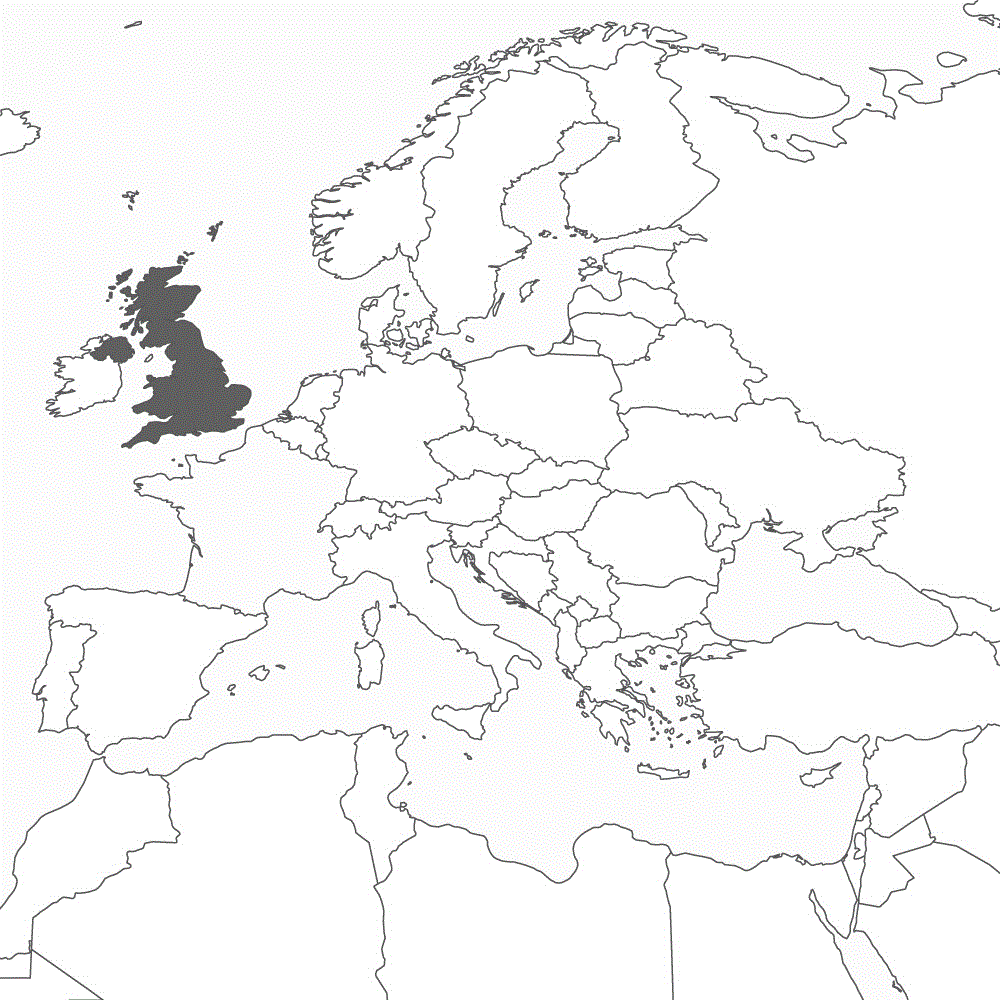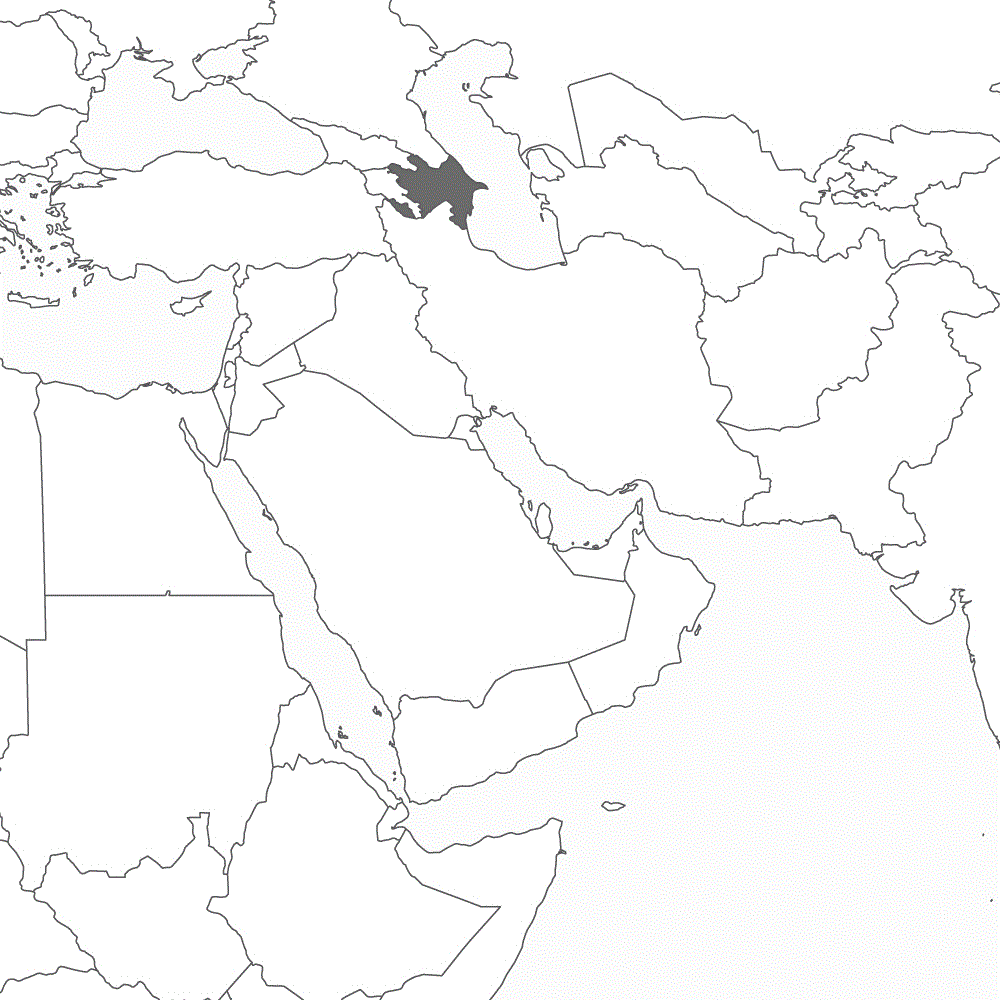Lithium and the Putsch
Berlin is again seeking access to the world's largest lithium deposits located in Bolivia - after having supported the putschists.
BERLIN/LA PAZ (Own report) - Following the presidential elections in Bolivia, the German government and business circles hope to have direct access to what are presumably the world's largest lithium reserves. Already at the end of 2018, the German company, ACI Systems had concluded a joint venture with the state-owned Bolivian YLB to extract lithium in the Salar de Uyuni, the world's largest salt lake, situated in Bolivia's highlands. Lithium is indispensable for the production of batteries, such as those used in electric cars and is of particular importance for Germany's automotive industry. However, during the major upheavals, in early November of last year, the German-Bolivian joint venture was put on ice. It has not been revived since the November 10, 2019 putsch in La Paz, despite the German government's support for the putschist regime. Following the putschists' unambiguous electoral defeat, Berlin is hoping to obtain concessions from Luis Arce, the winner of the elections - even though the German government had approved of the violent overthrow of his fellow party member Evo Morales in 2019. Read more
A Difficult Ally (I)
In view of the US presidential elections, Berlin is calling for alignment of interests with the USA. Think tanks have been working on this for months.
BERLIN/WASHINGTON (Own report) - For the aftermath of the US presidential elections, German Foreign Minister Heiko Maas is calling for a "new beginning in the transatlantic partnership." However, "partnership" should not equate "blind allegiance," Maas declared. "Distinct perspectives" of "Europe" and the USA should be recognized and foreign policy "closer coordinated." For months, several influential foreign policy think tanks on both sides of the Atlantic have been exploring options for coordinating transatlantic interests, with the aim of overcoming the fierce controversies of the past four years and to "move closer together," in view of the escalating crises and conflicts, as former Foreign Minister and current Chairman of the Atlantik-Brücke, Sigmar Gabriel, explained. According to the German Institute for International and Security Affairs (SWP), one of the reasons why the United States would remain "a difficult ally" - even with a possible President Joe Biden - is the growing inequality and massive polarization within the United States. Read more
In the Second Wave
In the battle against the Covid-19 pandemic, politicians and businessmen speak of defeat in China's favor in the "competition of the systems."
BERLIN (Own report) - Under the pressure of the Covid-19 pandemic's second wave, politicians and business representatives in Berlin concede defeat in the "competition of the systems" in China's favor. "In the fight against the pandemic, Europeans and Americans have not made a good impression so far," noted CSU General Secretary Markus Blume. It is becoming evident "that, in fighting the crisis, the Chinese system was superior to western systems," acknowledged Siemens CEO Joe Kaeser. US media refer to a new "divide" between the transatlantic West, on the one hand, and East and Southeast Asia on the other. Whereas infection rates have remained rather low, for example, in Japan, South Korea and Singapore for quite some time, even tending to zero in China, they are again surging in Europe and North America. Germany's former President Horst Köhler reported back in February that Europe's haphazard handling of the pandemic has provoked "amazement" in African countries. Recent surveys show that the EU's fight against the pandemic is also viewed as a failure in East Asia and is tarnishing the image of the mighty West. Read more
In the Interest of German Industry
Chancellor Merkel calls for "compromise" on trade agreement with Great Britain, breaking EU consensus.
BERLIN/LONDON (Own report) - The German government breaks ranks with the EU consensus on the negotiations of a Brexit free trade agreement and demands that concessions be made to Great Britain. On Thursday, the EU heads of states and governments - with Germany's endorsement - had unanimously increased pressure on the British government to unilaterally concede in the dispute over the agreement, however, Chancellor Merkel is now strongly pleading for "a compromise." This change of course was triggered by London's reiteration that it would rather settle for a no-deal Brexit, if the EU insists on its maximalist positions. A hard Brexit would bring serious disadvantages particularly for German industry, because, well ahead of China, the UK is its second largest investment site and its business on the British Isles has already been seriously affected by Brexit uncertainties. Confronted with the impact of the Corona crisis and economic risks due to the power struggle between the USA and China, Germany seeks to avoid further slumps. Read more
German Bundeswehr's Nuclear Combat Exercise
The Bundeswehr conducts annual nuclear combat exercise this week. US conversion to "mini Nukes" heightens danger of nuclear war.
BERLIN/WASHINGTON (Own report) - According to reports, the Bundeswehr has started this year's "Steadfast Noon" nuclear combat exercise. Within the framework of the so-called Nuclear Sharing, the German Air Force is practicing the various stages German pilots need to go through to drop US nuclear bombs. "Steadfast Noon" takes place every fall. This year's exercise also includes the Nörvenich Air Base near Cologne, which is intended to serve as an alternative site for the 20 nuclear bombs stored at the Büchel Air Base (Eifel). At the same time a second maneuver is taking place in Büchel, aimed at "protecting important infrastructure against airborne threats." The nuclear bombs in Büchel, as well as the fighter jets capable of dropping them, are to be modernized costing billions of euros. The new B61-12 nuclear bombs can also be deployed with low-yield warheads, lowering the threshold to nuclear war. According to reports, NATO documents mention "nuclear first strikes." Read more
Neighborhood in Flames (II)
EU with no influence on the war over Nagorno-Karabakh. Cooperation with Russia hardly possible following recent decisions on sanctions.
BERLIN/BRUSSELS (Own report) - With clumsy pleas, the EU is urging Armenia and Azerbaijan to agree to a ceasefire. The hostilities over Nagorno-Karabakh must be ended immediately, was the call sent out by the EU foreign ministers at their meeting yesterday, albeit without any mention of concrete measures. According to German experts in foreign policy, Germany's lack of influence on the parties to the conflict must be compensated for through coordinated EU activities and agreements with Russia. In a similar situation earlier this year, Berlin had been able to make progress in its efforts to reach a ceasefire in Libya with Moscow's help. This option is nowhere in sight in the current case. On Franco-German insistence, EU foreign ministers agreed to impose sanctions on Russia yesterday. Experts estimate that now, Moscow will no longer "expect anything from Europe," and feels "no longer obliged to take its opinion or interests into account." The EU is unable to exert influence on Turkey, which supports Azerbaijan: Ankara is playing off Berlin and Paris against one another. Read more
The New Strategy toward Russia
Berlin calls for new sanctions against Moscow. Debate in Germany on policy toward Russia and new military operations.
BERLIN/MOSCOW (Own report) - The German government is calling for new sanctions against Russia. In Brussels, "proposals" will be submitted for sanctions against individuals, "deemed responsible" for the poisoning of Alexey Navalny "based on their official function," Foreign Minister Heiko Maas and his French counterpart Jean-Yves Le Drian declared in a joint statement published yesterday. "No credible explanation has been provided by Russia so far," the statement continues. For Berlin, which, for its part, has presented no evidence for Navalny's having been poisoned by Russian officials, this is sufficient to justify sanctions. These measures come in den midst of a fierce debate in Berlin over a change of course in German policy toward Russia, motivated by the fact that, for quite some time, the German government made no headway in its power struggle with Moscow. Demands for new military interventions - such as an EU operation in Libya - are being raised. Curiously enough, US plans to have Julian Assange poisoned have recently been confirmed. Read more
Berlin: In the Underground War against Russia and China (III)
Commentary by Hans-Rüdiger Minow
When, during the war on Korea, a nuclear strike against Peking (and Moscow) had been relocated (site of deployment Guam, max. 34 Mark 4 atomic bombs), the successor of the Nazi espionage (Organization Gehlen) in Munich, ensured direct contacts with the Kuomintang. Following the dropping of the atomic bombs, Kuomintang troops were supposed to march, as occupying forces, through contaminated terrain towards Peking. To support the offensive of Kuomintang tanks, considered necessary by Chiang Kai-shek, Gehlen could offer specialists from Munich: from the Reichswehr and Nazi military. They had accumulated experience - in the suppression of riots and strikes during the Weimar Republic and subsequently during extermination operations and Nazi massacres in the East ("Operation Barbarossa"). Gehlen extended the bloody trail of war crimes committed in Europe to China. Read more
The Race for 5G
The EU is falling behind in the global 5G race. This could be aggravated through the announced de facto ban of Huawei.
BERLIN/BEIJING (Own report) - Germany and the EU are falling behind in the global race for the development of 5G networks and are risking additional losses by banning Huawei. EU Commission statements and a brief analysis from corporate circles confirm that the Union is not only failing to achieve its own 5G goals, but is also losing ground vis-à-vis its competitors. Until recently, eight 5G base stations per million capita were deployed in the EU, in the USA, 63, in China, 86, in South Korea, nearly 1,500. The Corona crisis as well as the Chinese Huawei group's de facto ban from the development of the German 5G networks, reportedly agreed on by the German government, could cause additional setbacks. According to the agreement, companies that produce 5G components have to prove their "trustworthiness." The assessment will be decided on the basis of intelligence information. Huawei's ban could easily delay the 5G deployment by 18 months, resulting in a backlog in 5G implementation and billions in losses. Read more
GERMAN-FOREIGN-POLICY.com
Information on German Foreign Policy: News + Interviews + Analyses + Background




